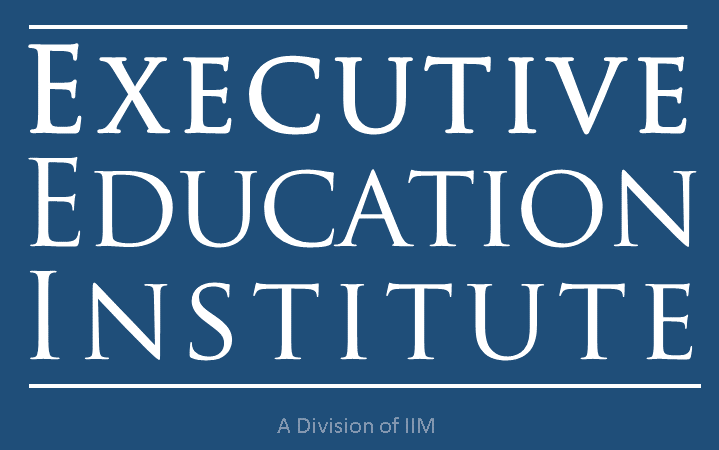Predictive Analytics
Investment Strategy & Financial Economics
:::
Thought Leadership
On the Economic Crisis of 2008
In his 2006 working paper, titled U.S. Economic Risks and Strategies, Med Jones (Yones) warned about several socioeconomic risks in the decade of 2007 to 2017. In Feb 2007, he published a policy white paper challenging the US President's State of the Union Address, the Federal Reserve Chairman and the popular opinion of mainstream economists. He warned about the burst of the housing bubble and the subprime mortgages, consumer debt, and other risks. He wrote: "Since 2001, the U.S. economic growth has been largely fueled by rapid increases in asset prices (housing bubble) and consumer debt, rather than development projects, which result in non-sustainable debt-driven growth.... Due to the housing bubble in recent years, U.S. homebuyers took on more debt to buy overpriced homes, thus reducing share of disposable income. Many Americans refinanced their homes during the real-estate boom to pay for living expenses. With the expected housing bubble bust, Americans could lose a significant part of their wealth and savings. The slowing economy will lead many small businesses and consumers to go bankrupt... Any economy that is built on uncontrolled debt will eventually crash."
In the following month (March, 2007), in a Reuters' Interview, he, again, said the impact of the subprime mortgages will not be limited to the housing sector, he warned about increased bankruptcies, stock market crash, and a loss of the confidence in the US economy. According to Reuters, He said the bursting of the real estate bubble and high consumer debt were a major worry" and if people started to think there may be a lot of bankruptcies (in the subprime lending market), then you re going to see the stock market sell off. More importantly he explicitly warned about a much worse economic crisis as a result of the subprime mortgages, stating that The worst thing that could happen to any economy is the loss of confidence.
Until mid 2008, the Federal Reserve Bank and mainstream economists were still blind to the crisis leading to the Great Recession.
In August 2007, the New York Fed reported that for the most part, Bear Stearns' (mortgage-related financial) problems did not pose a substantial risk to the economy. (CNN)
The Fed Chair stated that: "The housing market has looked a bit more solid, and the worst outcomes have been made less likely". In May 2008. In a congressional testimony, the Fed Chairman said he saw only a "limited" impact of subprimes on "the broader housing market." (Newsweek).
In Sept 2008,
the financial markets crashed. According to the
New York Times, Across Wall Street, no one could quite believe
what was happening.
In 2009, Top economists and some Nobel
laureates, defended their failure to see the crisis, stating that
the economic crisis was unpredictable (The
Atlantic). What made it worse is that, not only they failed to
predict it, they positively denied that it will happen. (Wharton)
Two years after
the crash, in 2010, President Obama, mainstream economists, and
leading
On the Economic Recovery of 2010
In Jan 2009, when many economists were expecting a US economic collapse, a great depression, and a prolonged economic decline for decades, he accurately forecasted the bottom of the stock market in 2009, the bottom of the housing prices in 2010 and start of the economic recovery in 2010-2011. (Atlanta Business Journal, FO Magazine, Politicus USA & CEO Q)
:::
2016-2017-2018 Financial Markets Forecasts
Media note: After 2012, Mr. Jones stopped giving public interviews on economic and financial market forecasts. However, In 2016, he published another early warning paper highlighting the risks leading to the next financial crisis. For successful forecasts, please see 2016-2017-2018 financial markets warning.
For investment think tank services, please contact the Institute .
:::
Related Pages:
For bio and media, please visit Med Jones' Bio page
:::
Notes: Role, Purpose and Conflict of Interest
The Institute is a think tank and education organization. Our opinion is incidental to our profession. We are not an investment advisory or brokerage firm. We do not seek outside investments. We do not manage external assets. We do not function as a rating agency. We do not accept compensation from companies for review or rating purposes. The expressed opinions should not be considered as an endorsement for or against any asset, company, investment firm, industry or an economy. Any recommendation for or against any asset or a strategy is done for an educational purpose only. Markets are hyper-dynamic, our forecasts continuously change with changing data; they are used as an input to complex risk management and valuation decision models. Despite past success in economic forecasting and research portfolio designs, we do not provide any guarantee for future forecasts or performance. To learn more about the limitations of our predictive analytics and forecasts, please visit the corrections and update section of the U.S. Economic Risks and Strategies paper
:::
Contact Information:
- For speaking and consulting engagements, please contact the Executive Education Institute
- Please note that Mr. Jones is available for media interviews related to economic development and well-being, he does not give economic forecasting or investment related interviews. For investment think tank services, please contact the Institute .
:::

